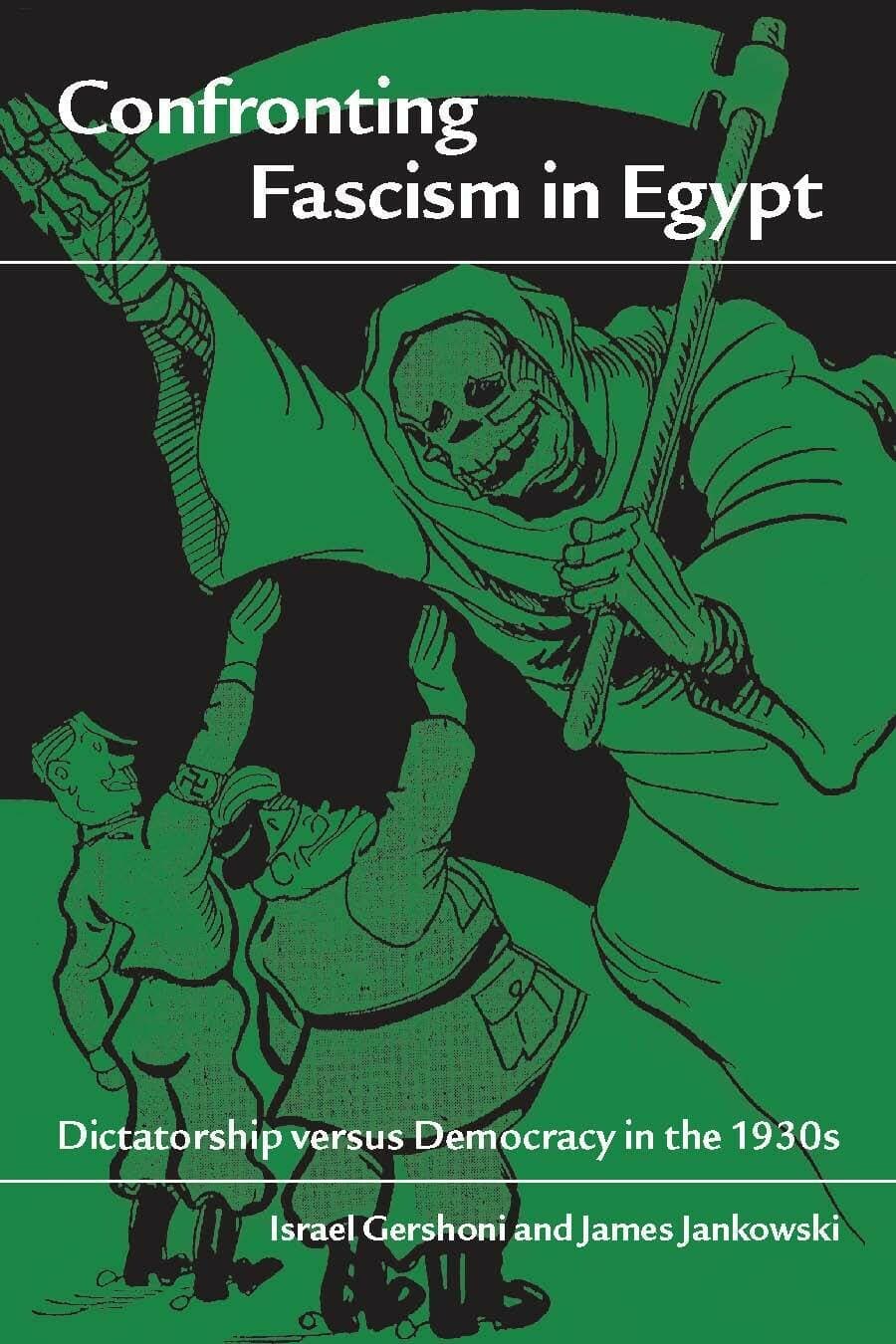How Commerce Became Legal

When Egypt's markets opened to private capital in the 1840s, a new infrastructure of commercial laws and institutions emerged. Egypt became the site of profound legal experimentation, and the resulting commercial sphere reflected the political contestations among the governors of Egypt, European consulates, Ottoman rulers, and a growing number of private entrepreneurs, both foreign and local. How Commerce Became Legal explores the legal and business practices that resulted from this fusion of Ottoman, French, and Islamic legal concepts and governed commerce in Egypt.
Focusing on the decades between the formalization of Cairo's practical autonomy within the Ottoman Empire in the 1840s and its incorporation into the British Empire in the 1880s, Omar Cheta considers how modern laws redefined the commercial sphere, shaping a mode of market governance that would persist for decades to come. He highlights the demarcation of a new law-defined commercial realm separate from the land regime and from civil or family-centered exchanges, and reconstructs these changes through both legal codes and state orders, as well as individual merchant voices preserved in court documents. As this book documents both individual experiences and structural explanations, it offers a rare perspective on the scope and reach of market governance over the mid nineteenth century, revealing changes simultaneously from within and without state institutions.
—Johan Mathew, Rutgers University
"How Commerce Became Legal sheds significant new light on the history of Egypt. Omar Cheta excavates the hitherto lost world of commercial regulation and adjudication in the Khedival period."
—Kenneth Cuno, University of Illinois Urbana-Champaign
"This book makes a unique contribution to the economic historiography of Khedival Egypt. Omar Cheta deftly narrates both Egypt's incorporation into the world market and the lives of local merchants, offering important insight into business strategies and merchants' mastery of new means of transport and communications."
—Pascale Ghazaleh, The American University in Cairo




